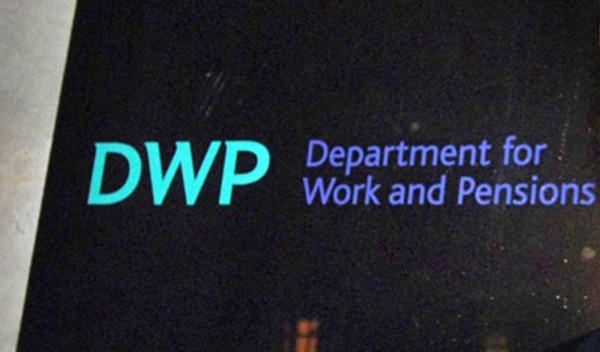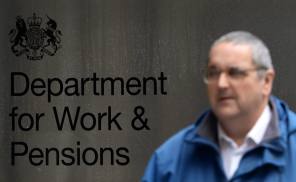

The new midlife MOT website, developed in partnership with Public Health England, the Money Advice Service and the National Careers Service, launched this week (February 20) offering guidance for people who want a financial stock-take some years before their retirement.
Besides providing a link to the government’s check your state pension website, the portal also references services provided by The Pensions Advisory Service, the Money Advice Service and Pension Wise but it fails to clarify that those services are not advice.
The crucial difference between guidance and advice is that people receiving advice gain access to redress bodies such as the Financial Ombudsman Service and the Financial Services Compensation Scheme, whereas others do not.
Steven Cameron, pensions director at Aegon, said he was disappointed to see the government was still not being clear with people.
He said the new website was a "really helpful way of bringing together a range of considerations for those approaching mid-life".
But he added: "I was disappointed to see that government continues to refer to the support individuals can get from Tpas and Mas as 'advice'.
"While I appreciate most members of the public will not care what label is given, we do need to help people distinguish between regulated advice - where the individual will receive a personal recommendation based on their personal circumstances - and other guidance services which may help, but not in this personalised way."
Alan Chan, director and chartered financial planner at London-based IFS Wealth & Pensions, also found the wording used by the DWP "a bit misleading".
The website states: "The mid-life MOT is a package of support that gives you access to free, professional and independent advice to help you with pension planning, working options and staying healthy."
Mr Chan said this would imply advice from an IFA was given, which was not the case.
DWP has declined to comment on the criticism.
Kay Ingram, director of public policy at national firm LEBC, said it was important that consumers understood the difference between guidance and advice and the protection each provides.
She warned: "Without a clear understanding of this consumers could be let down."
Ms Ingram said the differences could be summed up as "guidance tells you what you could do, whereas advice tells you what you should do".
She added: "Yet the protection afforded by regulated advice goes deeper than that: it includes a thorough assessment of the consumer’s personal circumstances; it is backed by professional qualifications and CPD, professional indemnity insurance and capital adequacy; and a statutory complaints and compensation process."
The three government-backed guidance bodies mentioned on the mid-life MOT portal have been merged into the recently launched Single Guidance Finance Body, which will soon be given a new name.
Mr Cameron and Ms Ingram said for the reasons mentioned, the guidance body's new name must not include the word ‘advice’ and the distinction should be made consistently thereafter.
maria.espadinha@ft.com



